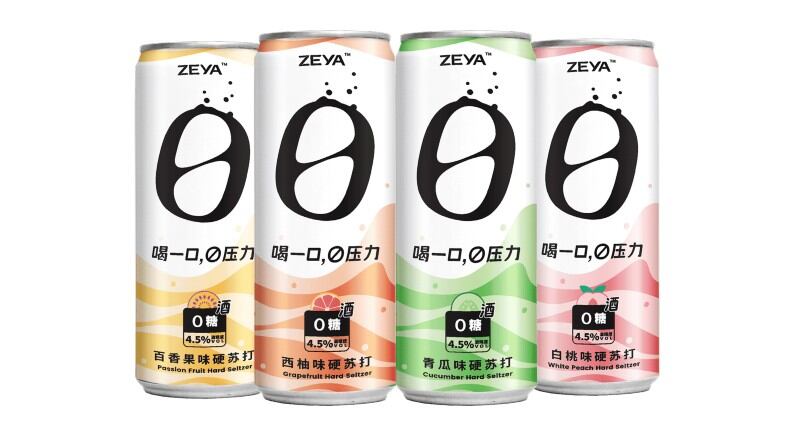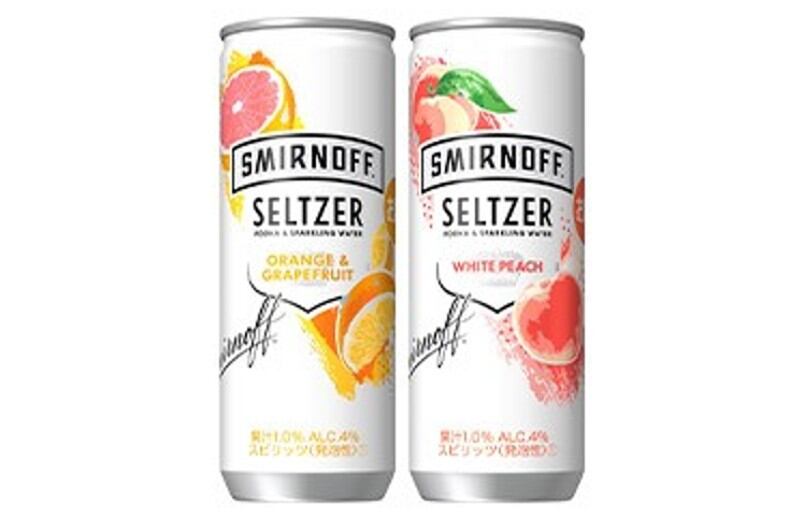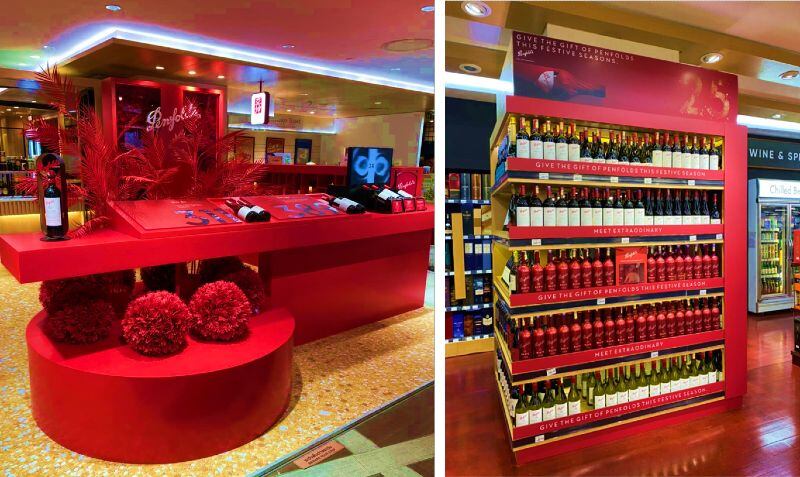ZEYA’s business model is based on the creation of a zero pressure (ZE – zero; YA – pressure in Mandarin) RTD alcoholic drink mainly targeted at a younger audience, looking to break away from traditional drinking culture in China which is well-known for being stressful and pressurising, especially in a work setting.
“A lot of alcohol consumption in Asia can be very intimidating, for example in China where there are a lot of people consuming very high ABV spirits and it is common for those at a senior level to pressure junior staff into drinking more and more – it’s very much a cultural thing, and can be very intimidating,” ZEYA Founder and CEO Eric Hoang told FoodNavigator-Asia.
“Younger consumers these days are actually looking to move away from this, they don’t want to do that anymore, and are instead looking for options that fit more into the better-for-you category, that are lower-calorie, lower-ABV, lower-sugar – and most importantly can promote a less stressful approach to drinking and make the occasion something that’s more casual and more fun, this is what would resonate with them the most.
“There was definitely a gap in the market for RTDs such as this, for flavoured alcoholic beverages (FABs) and for more moderate drinks – and we saw a major opportunity here.”
The pressurising drinking environment is not unique to China – indeed, in several other East Asian markets such as Japan and South Korea, high levels of soju or sake consumption during company gatherings are considered the norm for relationship-building, and those who opt out tend to face more distant relationships or even being ostracised.
“It’s really quite common in Asia, but what’s also growing now is a global trend in terms of moderation and more people wanting to cut back, so that’s a good thing, people wanting to cut back on anything deemed unhealthy from calories to sugars to alcohol,” Hoang added.
“That said, this does not mean that they want to stop completely – and that’s a really big trend, for consumers to seek out options that are healthier yet still allow them to imbibe, and that really is where we fit in.”
ZEYA is known for its zero-sugar, 4.5% ABV range in both cans and glass bottles, and is already present in multiple major Chinese cities via both online and offline platforms – but it is now ready to go further, after having closed its seed funding round led by well-known luxury cognac brand Camus Cognac.
“Camus Cognac is one of the oldest independently-owned cognac houses which hails from France, and these types of firms have a stereotype of being old and traditional in their approaches to business – so it was really interesting to see their engagement with us,” Hoang said.
“Camus does have a very substantial part of their business in China and long relationships here, and as a luxury high-end brand they are actually also looking at gaining a share of the entry level market, particularly at attracting a younger audience who are a little bit less elastic when it comes to pricing and how much they are willing to spend on alcohol, as with cognac alone they’re losing share on some of these younger consumers.
“For us, we very much see ZEYA as a global and not just China brand, and partnering with Camus means we can not only look at elevating our brand but also at leveraging on their distribution to reach more overseas markets – some of our prime targets include South East Asia starting with Singapore then Vietnam and Indonesia, then the rest of Asia and potentially even the United States.”
When asked about the specific amount of funding received, Hoang remained coy about the actual figures, but told us a ‘modest’ amount had been raised which would be focused on ramping up both distribution and production.
“We aim to be very focused on how we use this first round of funding, and in an FMCG category like this we know that distribution is really the most important thing at this point to grow – so for the first step we will be working on building our routes to market to key provinces across China where we’ve validated market demand for ZEYA, such as Guangdong, Shenzhen and Hainan; as well as building up sales and working with distributors to get product to more places.”
Manufacturing capacity
In China, it is generally more common for FMCG brands to produce on an OEM basis as cost is lower, but ZEYA has opted to take the different approach of self-production at its own brewery.
“On a monthly basis, we do make about 1,500 to 2,000 cases of ZEYA, and our goal this year is to hit 5,000 cases monthly,” Hoang said.
“We also do several unique things so having our own brewery makes this easier – e.g. we blend our own zero sugar blend of sweeteners with a mix of a erythritol and stevia so it's a natural to very close mouthfeel and tastes to sugar, but it yields zero sugar.
“Another thing is that we're a vodka-based seltzer, so we don't use any malt fermentation - most seltzers in the west like white claw are malt based beverages as it’s cheaper and they can avoid taxes, but in terms of quality it's inferior to using a high quality grade vodka, so in that sense we can also provide a higher quality product.”




